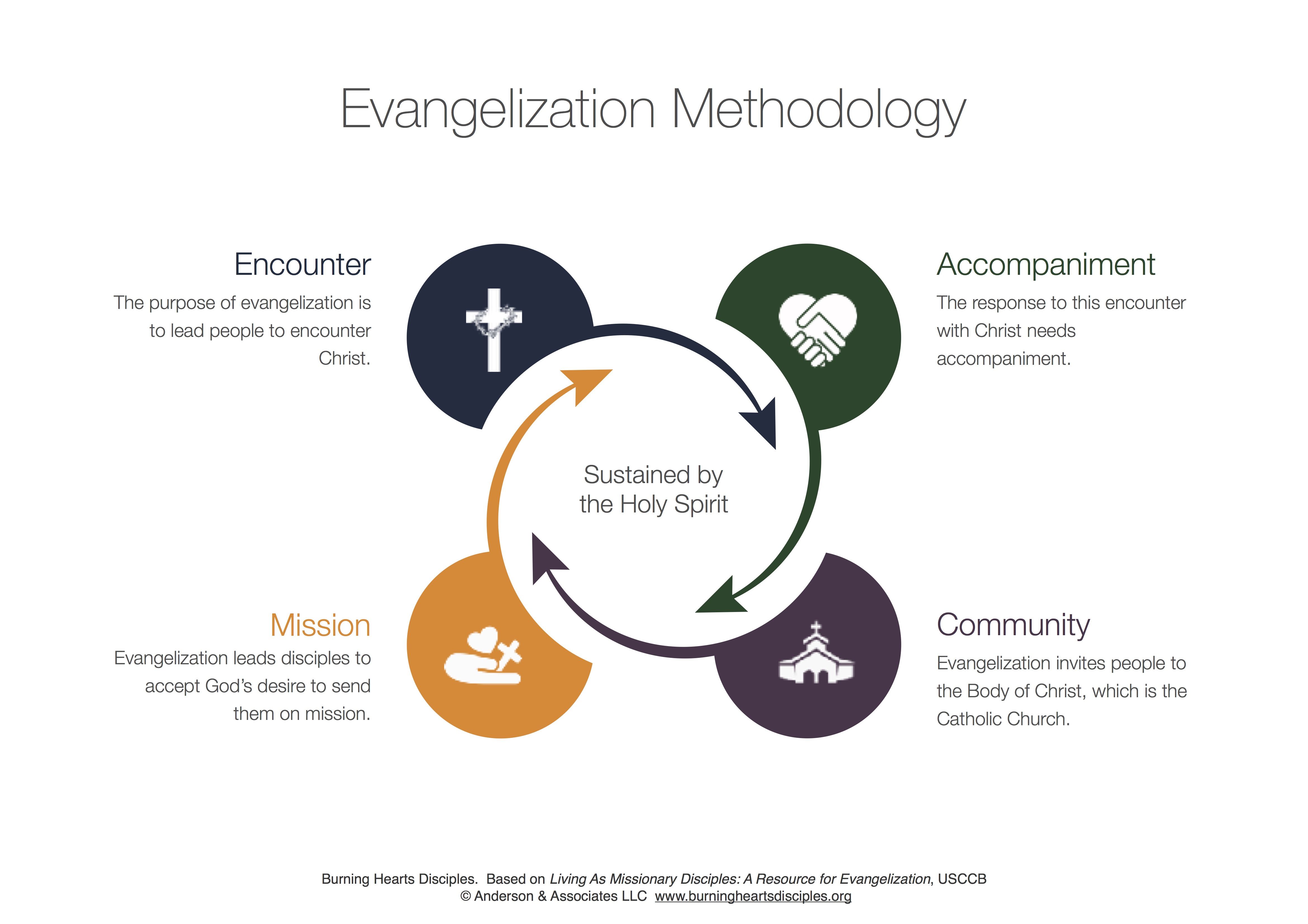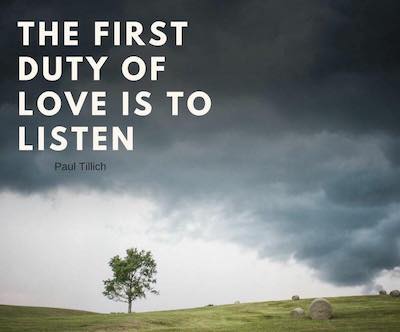The Making Disciples Today Blog has reflections to help you grow in your journey of missionary discipleship, reviews on recommended Catholic evangelization resources, and practical insight on how to evangelize in your daily life.
- Details
- Written by: Fr. Larry Rice

Most people think of Easter as a single day. It’s never had the commercial appeal of Christmas, and because it always falls on Sunday, most people don’t get an additional day off from work.
But for Catholics, Easter isn’t just a day, it’s a whole season. The Easter season stretches all the way to the feast of Pentecost.
Lent, which sometimes feels like it’s stretching on forever, is actually forty days long. Easter, on the other hand, is all of fifty days long.
- Details
- Written by: Kristin Bird

The Theology of the Body was the topic of 129 talks given by Saint John Paul II during his Wednesday addresses between September 1979 and November 1984.
The word theology comes from the Greek root words theos (God) and logia (word). Theology, then is literally a “word about God.” St. John Paul II’s Theology of the Body, then, can be described as a word about God and the body.
- Details
- Written by: Kristin Bird

The USCCB has outlined a four step methodology for helping people to grow on their discipleship journey. This Encounter, Accompaniment, Community, Mission methodology is outlined in the USCCB document Living as Missionary Disciples: A Resource for Evangelization. While not exhaustive, this resource includes some good reflections on each of the four areas of evangelization methodology.
We have provided some excerpts from the USCCB, some of our own reflections, and additional resources that can help outline what these moments on the discipleship journey might look like - both in your personal life and your parish. Just click on the (+) under each movement.

Encounter
Accompaniment
Community
Mission
-
Encounter
All Christians are invited to a “renewed personal encounter with Jesus Christ” (Evangelii Gaudium, no. 9). -
Accompaniment
The Church will have to initiate everyone—priests, religious and laity—into this ‘art of accompaniment’ which teaches us to remove our sandals before the sacred ground of the other” (cf. Ex 3:5). -
Community
“The faithful are fed by Christ's holy body and blood to grow in the communion of the Holy Spirit (koinonia) and to communicate it to the world.” (CCC, 948). -
Mission
"Evangelizing is in fact the grace and vocation proper to the Church, her deepest identity. She exists in order to evangelize.” Pope Paul VI, Evangelii Nuntiandi, 14
- Details
- Written by: Kristin Bird

What does accompaniment look like in the midst of the current crisis of abuse, cover up & scandal? It must mean first LISTENING.

Person to Person Listening: Openness of Heart
We need to provide a space within our hearts for others to feel their despair, hopelessness, anger, betrayal, fear, denial and heartbreak - and then to simply sit with them in that place.
I am struck by how often we (all the Baptized) fall into the trap of trying to tell other people what to feel and how to think about all these matters. What starts as sharing my own emotions quickly turns into debating, posturing, defending, and becoming solution-focused.
When I jump to responding, I ignore the lived experience of the person in front of me. I focus on myself - my own defensiveness, skepticism, anger, etc - rather than being truly present to the other. When I jump to solutions, I am not truly present to brokenness.
We have a particular responsiblity to listen and be truly present to those who have been hurt, traumatized and destroyed by men acting in the name of the Church. It is especially important that we do not allow them to feel forgotten as the spin, politics, and finger pointing continue to make news.
We must pray for those who are still hurting while we argue - but genuine accompaniment calls us to more than prayer. It calls us to compassion, to empathy - to listening - rather than arguing.
Communal Listening: Masses of Healing, Reparation, Atonement, & Repentence
What might this kind of listening look like the context of a larger community - a parish or a diocese?

